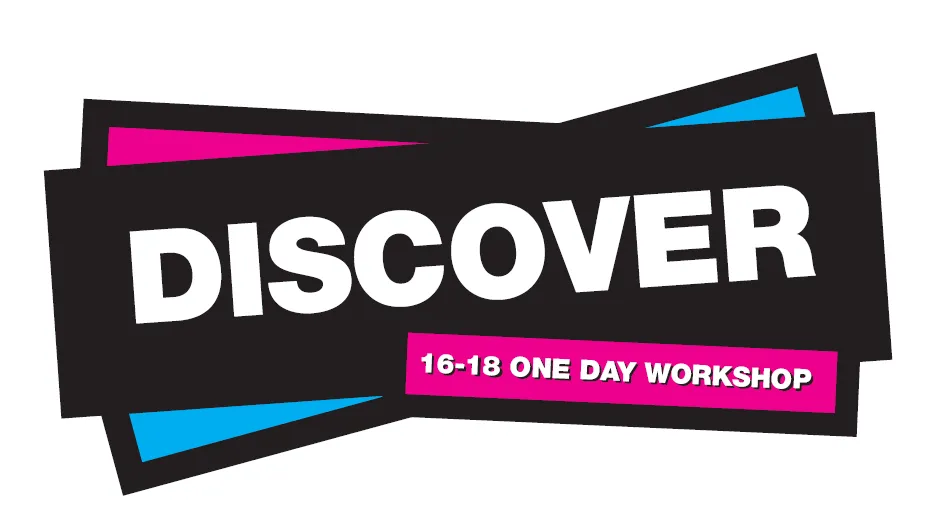Adolescence is a key period for the prevention and treatment of depression and anxiety, as half of lifetime mental health problems start by age 14. We know that accessible and effective interventions are crucial to combatting these conditions, especially in the lives of adolescents where there are many barriers to help seeking, such as long waiting lists, inconvenient locations, competing time commitments, and fear of stigma. Research also suggests help-seeking is particularly low among Black and minority ethnic groups.
The DISCOVER Research Group, led by Dr June Brown at the Institute of Psychiatry, Psychology & Neuroscience (IoPPN), King's College London, is investigating effective and accessible forms for adolescent mental health interventions.
Over the last decade, the team has been exploring the feasibility and acceptability of school-based, self-referral workshops for depression and anxiety in older adolescents, called DISCOVER workshops.
About the DISCOVER workshops
The DISCOVER workshops use psychoeducation and cognitive behavioural therapy (CBT) methods to equip sixth form students with tools to better manage their stress.
The workshop is based on an open-access service model originally developed by June Brown. This has been used successfully in community settings for adults with anxiety and depression. Dr Irene Sclare, Consultant Clinical Psychologist at South London and Maudsley NHS Foundation Trust, adapted the model for 16-18-year-olds (called 'DISCOVER'), in close consultation with clinical psychologists, young people, schools and youth organisations.
The resulting DISCOVER ‘How to Handle Stress’ workshop is delivered on school premises by two clinical psychologists, using an interactive and engaging workshop format. The CBT content is specially adapted to address personal, relationship and academic stresses for older teenagers. Like the adult workshops, the intervention is delivered in a single day and can be accessed through self-referral. These arrangements are designed to be convenient for teenagers who are usually busy with school and other activities, while removing referral and waiting list barriers that commonly exist for specialist mental health services.
History of the DISCOVER workshops
In 2015, a pilot study (n=31), funded by Guys and St Thomas’ Charity, produced promising findings in terms of the DISCOVER workshop’s outcomes and accessibility. Significant improvements in depression and anxiety were observed 12 weeks after the workshop, with high levels of participant satisfaction. There was good uptake from traditionally harder-to-reach groups such as Black and minority ethnic students. The pilot also showed that teachers have an important role to play in encouraging young people’s workshop attendance.
In 2019, a feasibility study showed that a randomised controlled trial was feasible and that uptake and acceptability was satisfactory when workshops were run in secondary schools. 155 students were enrolled and 142 (91.6%) followed up after three months. Participants were predominantly female (81%) and the mean age was 17.3 years, with equal numbers enrolled from Year 12 and Year 13. Over half (55%) of students were from ethnic minority groups. Preliminary outcomes were encouraging, with reductions in depression and anxiety at 3 month follow-up.
In 2024, the researchers published the findings of their randomised controlled trial, called Brief Educational workshops in Secondary Schools Trial (BESST), which rigorously investigated the effectiveness of the workshops. They recruited 900 students from 57 schools in England. Half were provided with signposting to mental health services and the standard care their school would usually provide. The other half were invited to the day-long DISCOVER workshop. They found that participants who attended the workshop showed significant improvements in their depression, anxiety, wellbeing and resilience after a six-month follow up. The workshop was also found to be a cost-effective means of improving young people's mental health.


